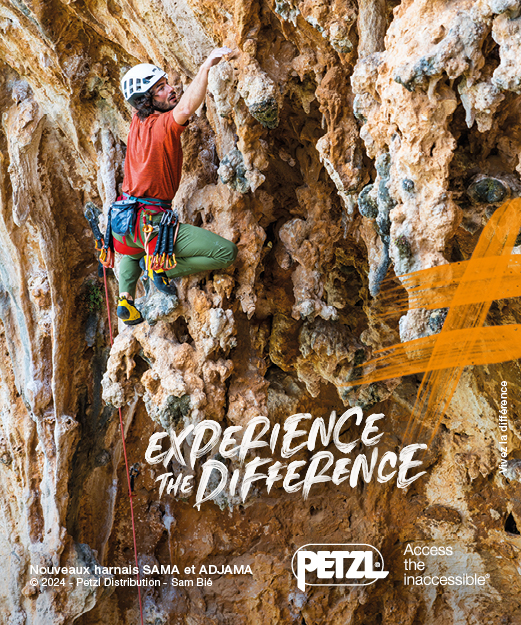Kettlebell training for climbers

For climbers, kettlebell training is a killer way to train. It will help you to build grip strength, core stability and upper-body endurance. Kettlebells are underused in the climbing community. In this article, La Fabrique verticale is going to look at whether and how kettlebell training can improve your climbing.
Kettlebell training effects on core strength, flexibility, and body composition
A study conducted and published on MINDS@UW shows that kettlebell training has significant effects on core strength improvement. The study was conducted on 9 males and 8 females who volunteered to train kettlebells twice a week for 8 weeks. There was also another group of 11 individuals who served as control.

After the training, flexibility and body composition did not show any notable improvements. However, core strength had a whopping 70% increase, an important element to rock climbing. Dynamic balance also increased with 10.7% in the posterolateral direction and 13.7% in the posteromedial direction. The improvement in core strength, dynamic balance, and endurance show that kettlebell training is an excellent choice for rock climbing because this activity requires these elements.
Why Kettlebells for Climbing Cross-Training
Compared to traditional weightlifting, kettlebell training will force you to use muscle groups in concert as opposed to in isolation. Mimicking climbing movement. Kettlebells are also very convenient. Because you can stash one in your closet or van. And get thrashed in a quick 20-minute workout. Adding even one kettlebell training circuit per week can boost strength, though you could also fit it in multiple times, after sessions at the gym.

Kettlebell : Shoulder stability
Unlike barbell training or hanging from a pull-up bar, kettlebells are used mostly single-handed, making them a ballistic weight you need to stabilize using fast-twitch muscles. The shoulder stability required is crucial for rock climbing. There’s very, very few exercises that weight a single arm above your head in all shoulder positions.
Power output
You train max power output in few reps. Take the kettlebell swing: slowing a ballistic object with gravity adds weight, making a 20kg/44lb kettlebell weigh upwards of 100lb. The snatch (taking the bell from the ground to above your head) is a pulling motion, like climbing.

Falling (bouldering)
Kettlebells are used routinely in other sports like volleyball to improve vertical jump–and by that same measure, they improve falling. They train the posterior chain to absorb impact (like slowing the kettlebell at the bottom of the swing and reversing it).
Non-impact
The ironic thing is that kettlebells are a non-impact exercise, yet train you for impact. They’re perfect for those needing rehab (e.g. ACL surgery) without actual impact to get back-to-sport.

Kettlebell : Eccentric motion builds tendons
Eccentric exercises are lengthening a muscle under load, like campusing downward, or the down portion of a squat and deadlift. The eccentric motion promotes healing of tendons and ligaments by inducing collagen synthesis, which you’ll desperately need for many types of injury rehab.
Highlight momentary lapses of muscle tension
Exercises like the Turkish Getup require you to shift strength between major muscle groups while stabilizing a kettlebell above your head. Any brief “glitches” in bracing yourself through your trunk, core, and shoulders will cause the kettlebell to veer off its center of gravity, and you’ll immediately know it. These lapses of tension are crucial for rock climbing: if you lose tension momentarily, and then reach for another hold, shock loading your body, it’s asking for injuries like shoulder tears.








